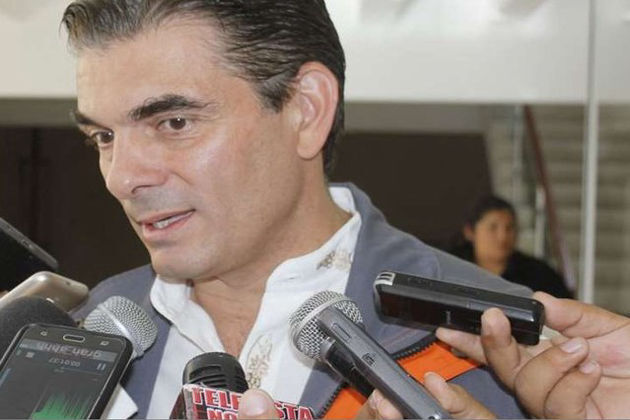Move FM Global News

Bolivia elects centrist Paz amid deepening economic crisis
Oct 24, 2025LA PAZ, Bolivia: Centrist politician Rodrigo Paz won Bolivia’s presidential runoff over the weekend, defeating conservative rival Jorge “Tuto” Quiroga. The country’s worst economic crisis in decades helped bring an end to nearly 20 years of leftist rule.
Paz, a senator from the Christian Democratic Party, received 54.5 percent of the vote, compared to Quiroga’s 45.5 percent, according to early results from Bolivia’s electoral tribunal. However, his party does not control the legislature, so he will need to form alliances to govern effectively. He will take office on November 8.
“We must open Bolivia to the world,” Paz said in his victory speech in La Paz, after Quiroga admitted defeat.
The 58-year-old’s victory marks a major political shift for Bolivia, which had been ruled almost continuously since 2006 by the leftist Movement to Socialism (MAS) party, founded by former President Evo Morales.
Paz ran on a moderate platform, promising to keep key social programs while encouraging private-sector growth. His message appealed to some left-leaning voters frustrated with MAS but wary of Quiroga’s proposed spending cuts. Paz is the third member of his extended family to serve as president.
MAS support collapsed in the first round of voting in August as the economy worsened. “This election marks a political turning point,” said Glaeldys Gonzalez Calanche of the International Crisis Group. “Bolivia is heading in a new direction.”
Both candidates had pledged to repair relations with the United States, which have been tense since 2009, and to seek U.S. financial support to stabilize the economy. In September, Paz announced a US$1.5 billion cooperation plan with U.S. officials to help secure fuel supplies.
U.S. Secretary of State Marco Rubio said both candidates wanted stronger ties with Washington, calling the vote “a transformative opportunity.”
Many voters said they were ready for change. “My children grew up under one government,” said Lourdes Mendoza, outside a polling station in La Paz. “It’s time for something new.”
The economy was the central issue in the election. Bolivia’s natural gas exports have plunged, inflation is at a 40-year high, and fuel shortages are widespread. Paz has promised gradual reforms, including tax breaks for small businesses and more financial independence for local regions. Quiroga, by contrast, pushed for drastic spending cuts and an IMF bailout.
Paz’s running mate, Edman Lara — a former police officer known for his viral anti-corruption TikTok videos — helped attract young and working-class voters.
Economists say Paz faces immediate challenges, including fixing the fuel shortage and building coalitions in a divided parliament. The state energy company is reportedly struggling to secure foreign currency to pay for fuel imports.
Paz said he is working on deferred payment deals to ensure fuel deliveries soon after he takes office. He also plans to gradually phase out universal fuel subsidies, keeping targeted support for poor families while large industries pay market prices.
“The market will have to adjust, but we’ll protect the most vulnerable until the economy recovers,” he said.
Bolivia’s biggest labor union has warned it will oppose any policies that threaten social gains made under previous governments, signaling that Paz will have to balance reform with stability.
His Christian Democratic Party won 49 of 130 seats in the lower house and 16 of 36 in the Senate, slightly ahead of Quiroga’s coalition, which won 43 lower house seats and 12 Senate seats.


